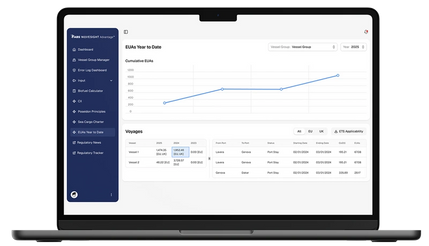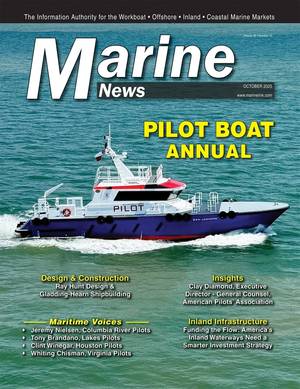CSR Submits Data To Coast Guard
Port Chaplains from the following ports submitted information: Port of Houston, Texas; Port of New York/New Jersey; Port of Tacoma, Washington; Port Everglades, Florida; Port of Philadelphia/Camden, Pennsylvania; Port of Anchorage, Alaska; Twin Ports (Duluth, Minnesota/Superior, Wisconsin); Port of San Diego, California; Port of Boston, Massachusetts; Port of Lake Charles, Louisiana; and Port of Baltimore, Maryland. Of the ports reporting, Philadelphia reported that 40 percent of all the ships visiting that week experienced shore leave denials, and in Houston, of the 28 ships visited by chaplains, crewmembers on 18 vessels experienced shore leave denial (64 percent of all the ships). The overwhelming reason for the detentions in all of the ports stemmed from mariners' lack of D-1 individual or crew list visas. The Center for Seafarers' Rights also submitted the data to the Coast Guard, as requested at the Public Hearing conducted in New York on February 11, 2003. CSR included examples of shore leave denials complied since late 2001 in the submission. In addition to denials based on visa requirements, many situations involved private tank terminals (oil & gas terminals) prohibiting access to or from vessels tied up at their facilities, irrespective of the crew's immigration status. "CSR's data indicates not only a high number of shore leave denials overall due to lack of visas, but also a significant number of restrictions placed on seafarers even in instances where they possessed visas," said Stevenson. "The United States already places a significant hardship on foreign merchant mariners by being the only major maritime country in the world that requires crewmember visas at all."












